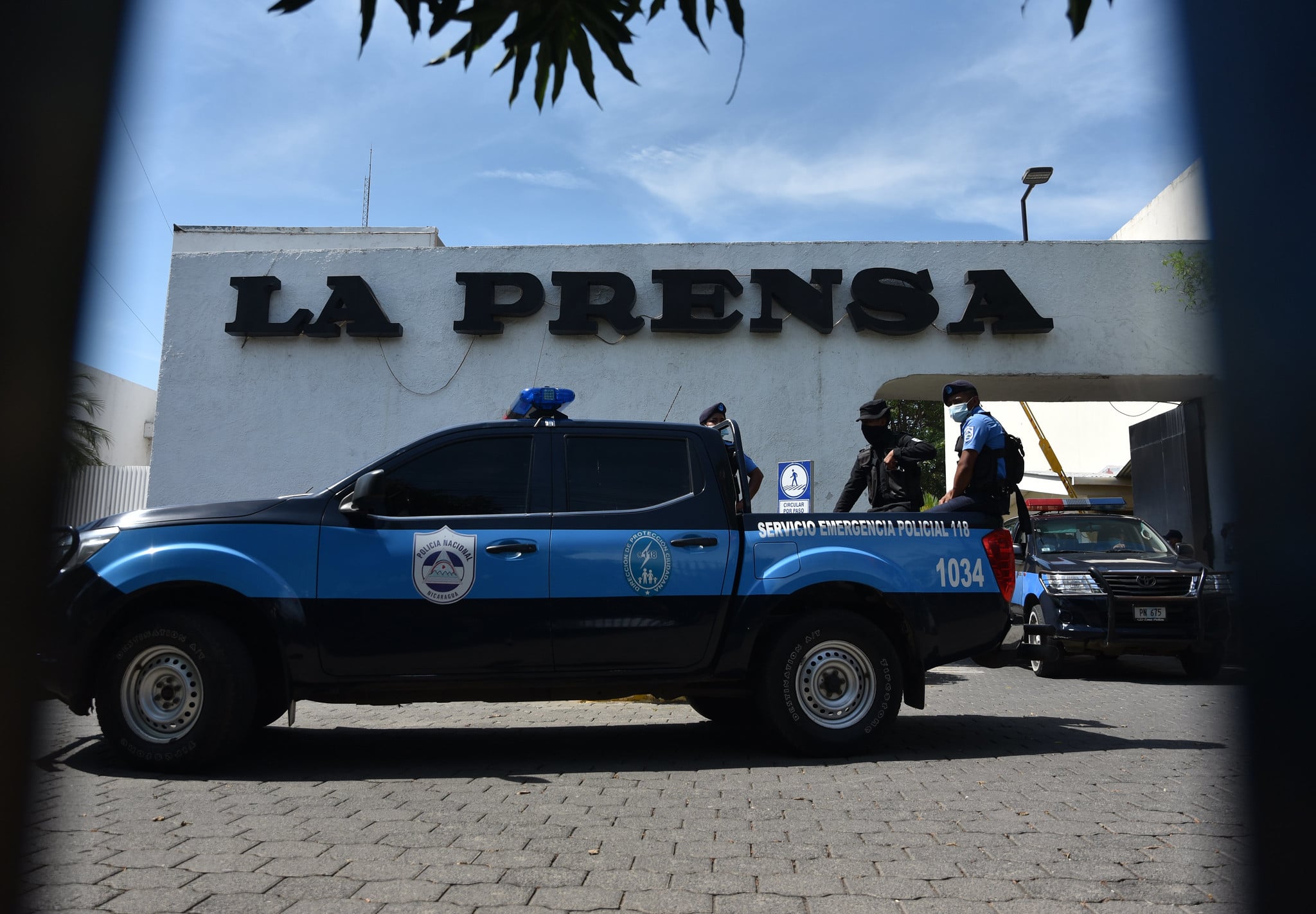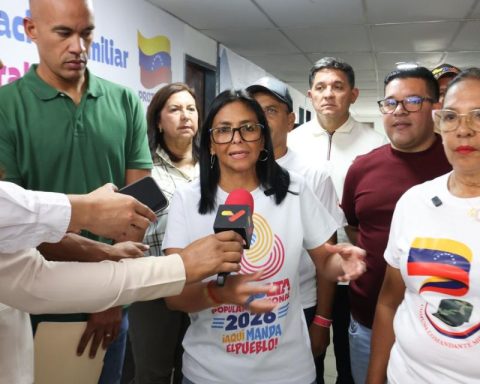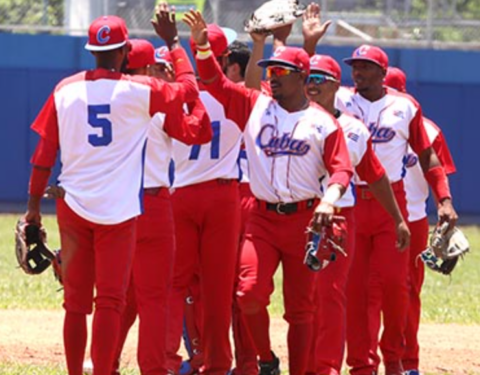In 2021, Nicaragua stood out as one of the countries on the continent that restricted freedom of the press and expression, becoming “a bad example”, which was replicated by other countries in the region, including: El Salvador, points out the Andean Foundation for Media Observation and Study (Fundamedios).
“Nicaragua became a dictatorship without extenuating circumstances and its regrettable practices were replicated by its neighboring countries with a single objective: to silence dissident voices ”, according to the annual report entitled: “The quality of Freedom of Expression fell in the Region.”
In Nicaragua, the application of the Cybercrime Law and the Law of Regulation of Foreign Agents stand out. Both laws were used as tools of persecution, harassment, and harassment against journalists and all critical voices. As a result, the country closes the year with at least 160 political prisoners, dozens of exiled journalists, various media confiscated and a growing list of non-governmental organizations and associations that have lost their legal status.
El Salvador imitated Ortega
“The president of El Salvador, Nayib Bukele, adopted this bad example and made it his own through the Foreign Agents Registration Law. Added to this is the siege and the stigmatizing speech that the president has launched against critical media such as El Faro, reaching the point of involving them in crimes of tax evasion and forcing their journalists to leave the country “, they highlight.
Guatemala also joined this trend with the reform of the Non-Governmental Organizations Law (NGO Law) with which the State will now have the power to remove the registration of an NGO without first going through a court or there is a defense.
“Here (in Guatemala), attacks against community media were relevant this year. Journalists were charged with crimes of sedition, arson, and aggravated robbery. States of siege were even established, against freedom of expression ”, they detail.
Raise the risk of being a journalist
Being a journalist in Latin America has become more dangerous. In countries such as Brazil, Mexico, Peru, Cuba, Nicaragua, Guatemala and El Salvador they are the leaders who were in charge of delegitimizing the press and this resulted in attacks perpetrated by sympathizers on governments.
“Attacks on the press this year have been precipitated by stigmatizing speeches that come from politicians who seek to delegitimize their work ”, they denounce.
Of American Center, Honduras is the most dangerous country to practice. In the last two years, four journalists have been assassinated and the Government of Juan Orlando Hernández “has meant passivity and little action against the attacks on journalists.”
They also explain that “In Brazil, Mexico, Peru, Cuba, Colombia and the Central American countries, during this year, there were attacks by the Police, identified as one of the main state aggressors against journalists ”.
According to Fundamedios’ count, 30 murders of journalists occurred in the last 24 months. Mexico tops the list with a total of 16 cases, which places it as the most dangerous country in Latin America to practice journalism, followed by Guatemala and Honduras, with four cases respectively.















